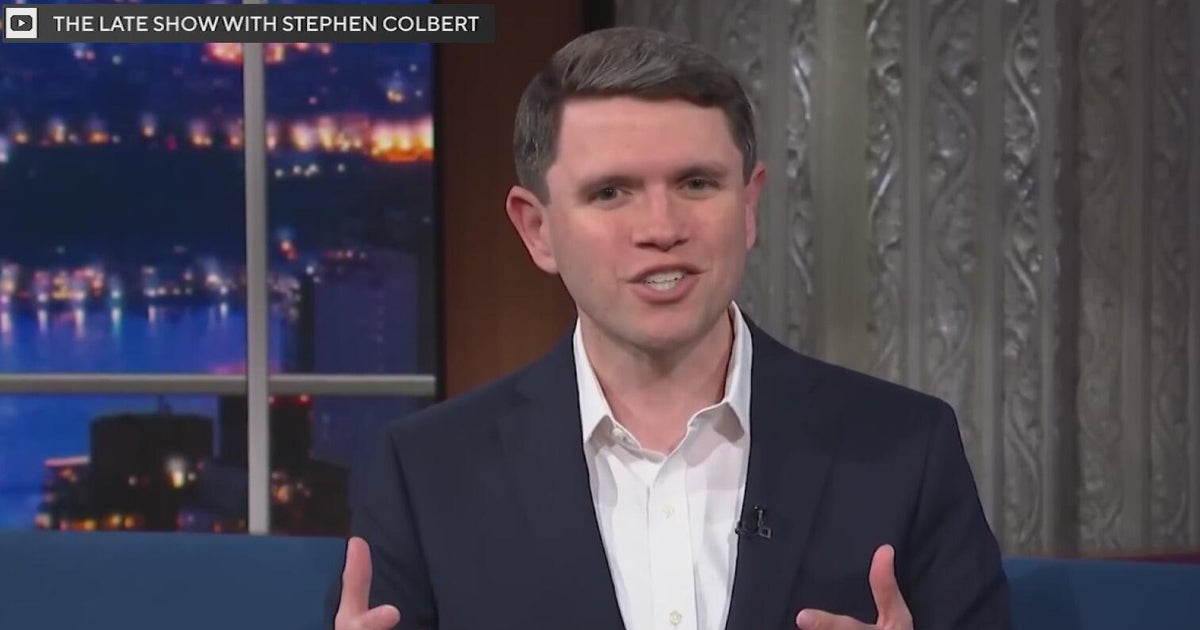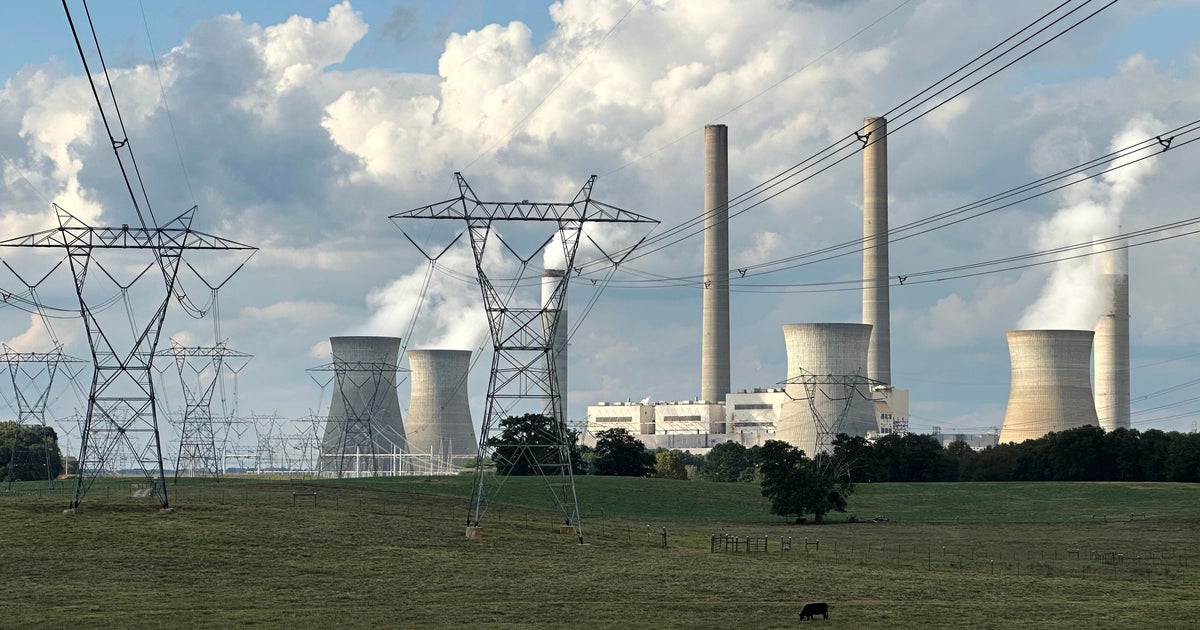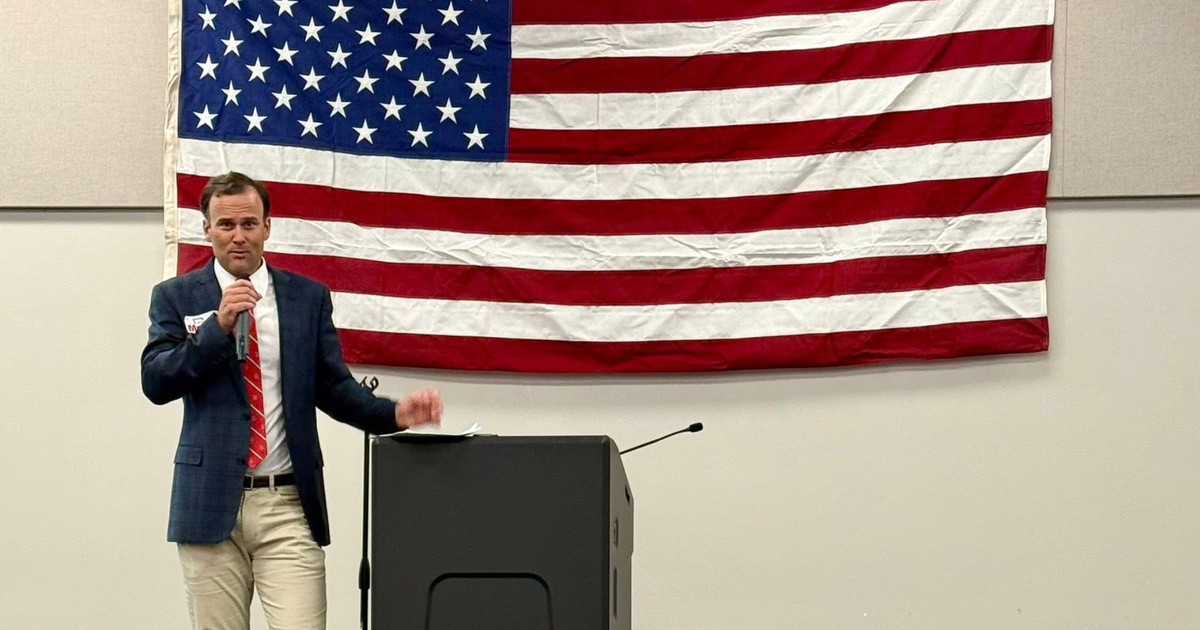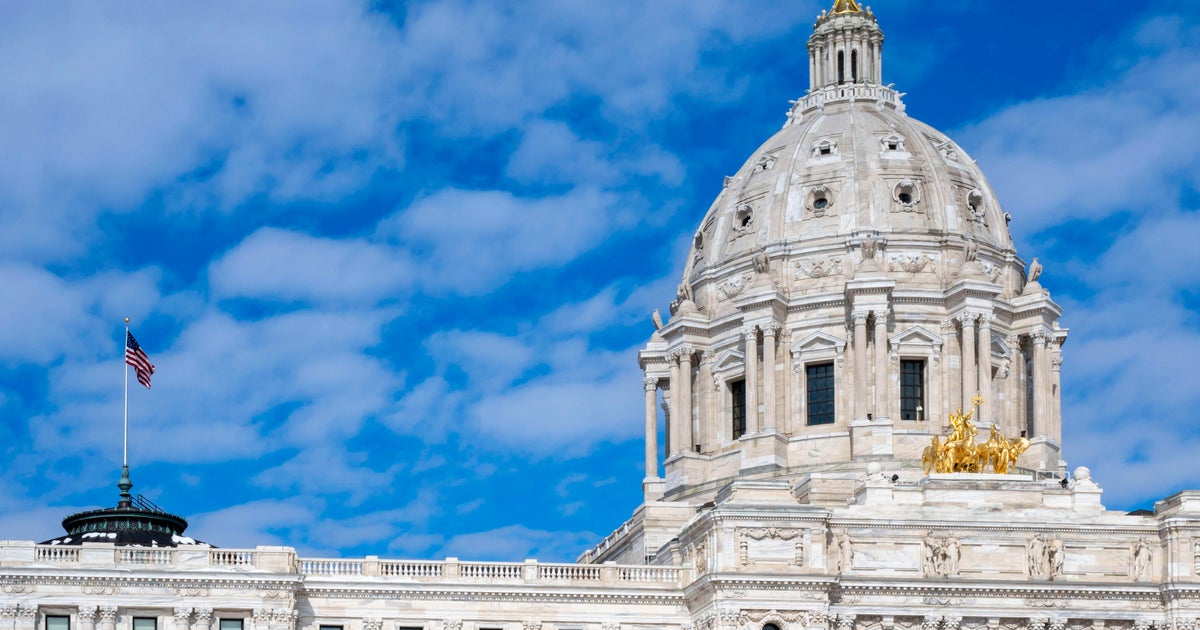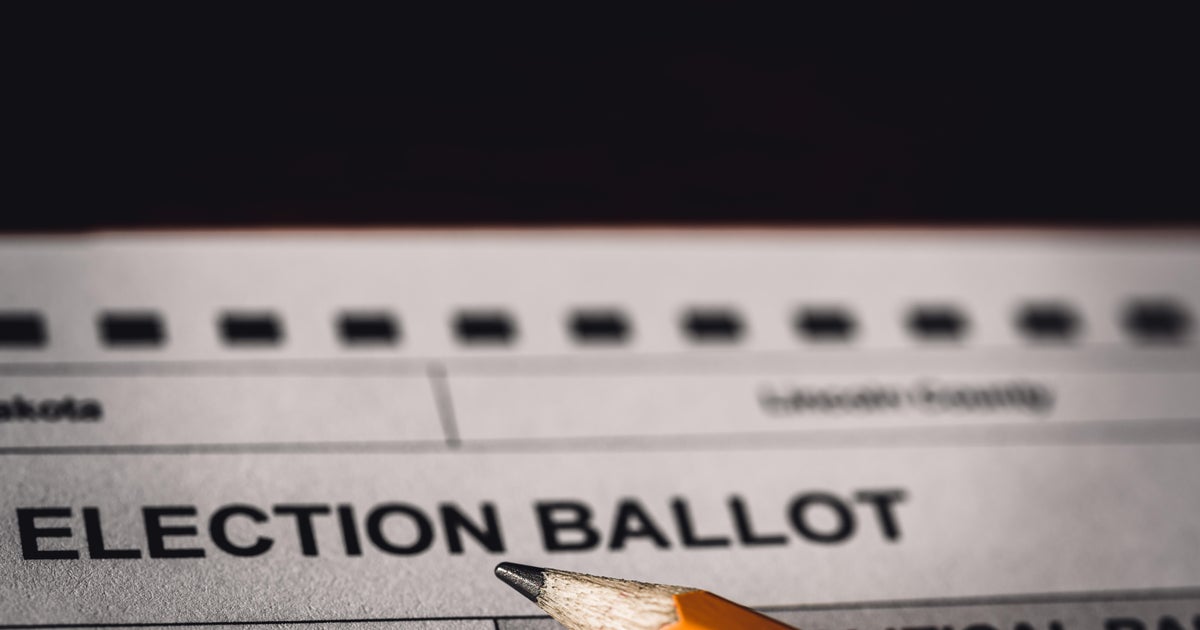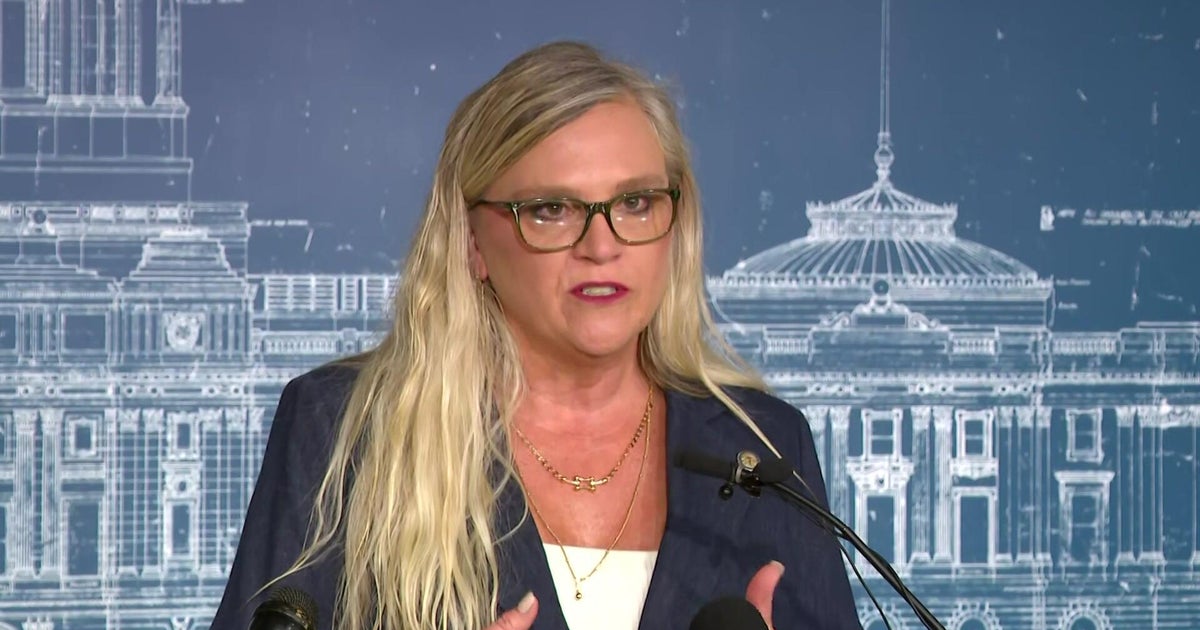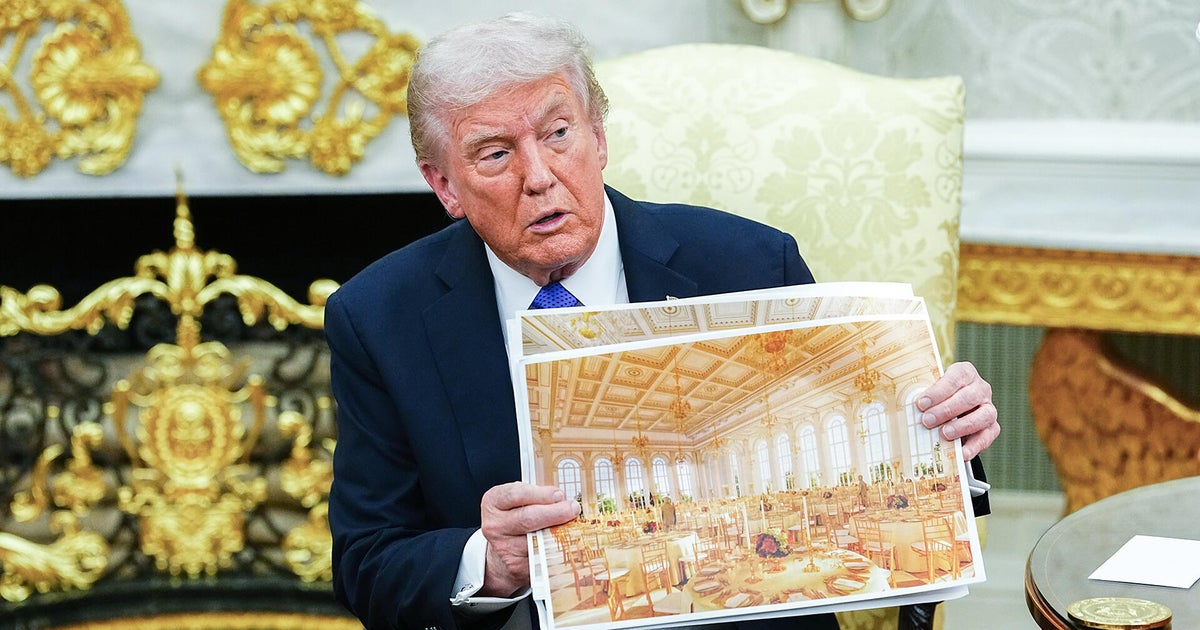Fetterman & Oz both say they support fracking. Should they?
HARRISBURG, Pa. (CBS) -- Democrat John Fetterman and Republican Mehmet Oz didn't agree on much at their debate in Harrisburg this week. One exception: hydraulic fracturing of natural gas, or "fracking."
Both said they fully support fracking, seemingly in full agreement with each other - even if not perhaps with their own past stances. (Debate moderators cited a 2014 statement by Oz, in which he equivocated, and a 2018 interview with Fetterman, in which he even more clearly stated his opposition to fracking.)
A top fracking supporter and a top opponent both said in Harrisburg Friday they weren't surprised both candidates support the practice. But is that good or bad?
Unequivocally good, said Dave Callahan, president of the Marcellus Shale Coalition, a trade association.
Fracking's "environmental and economic benefits go hand in hand," Callahan said. "And it's good to see candidates from both parties supporting that."
Callahan said fracking is more environmentally friendly than other forms of energy production, supports 100,000 Pennsylvania jobs and has contributed to American energy independence. Sure, prices have risen, Callahan said, but not by as much as they would rise if not for all the natural gas being extracted in Pennsylvania, which produces more than any other state except Texas.
And "increased production of natural gas in Pennsylvania has led to our energy security in this country, something presidents of administrations from both sides of the aisle have been striving for since the Eisenhower administration" in the 1950s, Callahan said.
Rob Altenburg, senior director of energy and climate for PennFuture, an environmental advocacy group, said he's not surprised even Fetterman he supports fracking. After all, Altenburg said, it's hard to recall a statewide candidate saying otherwise. But he said fracking is bad, not only on environmental grounds, but on economic ones too.
"The real alternatives - the clean, renewable energy, wind and solar - will create more jobs than fracking will," Alternburg said. And "not only is [renewable energy] emissions free, but also it doesn't have the same price volatility that we're seeing in fossil fuels."
"Energy is largely expensive because of fossil fuels," Alterburg said. That's because demand for nonrenewable energy pushes prices up, he said.
"If you invest in energy efficiency - if you don't have to buy the energy - that's the best way to save it," Altenburg said. "But we're just relying on fuels, and fuel prices go up."
Fracking was one of two notable issues on which the two candidates agreed. The other was whether to add justices to the U.S. Supreme Court - both said they would not.
Some progressives, frustrated with the court's 6-3 conservative majority, have called for adding justices while Democrats control the White House and the U.S. Senate, which votes to confirm justices. Although the court has always had nine justices, the U.S. Constitution does not specify that number.
CBS3's Seth Kaplan reports.

